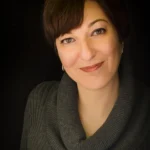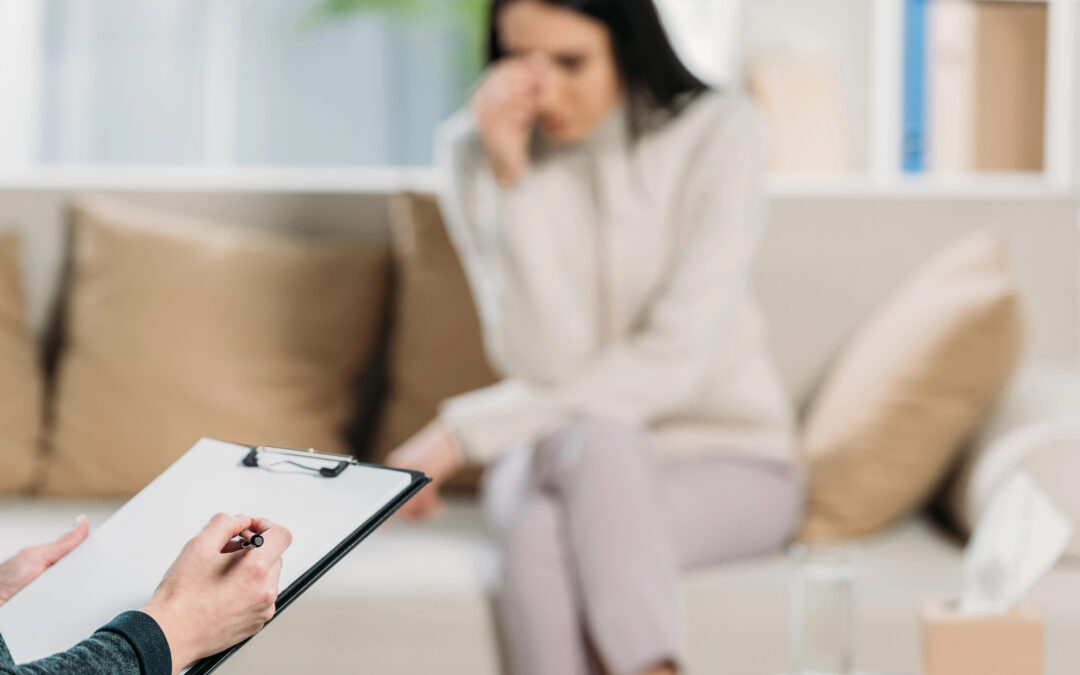A common question that divorcing couples ask before deciding to pursue their divorce using the Collaborative Divorce process is why a mental health professional is necessary. They may be worried that this requirement says something about their mental health. Although a divorce coach, also known as mental health neutral, is a therapist by training, that is not their role when it comes to Collaborative Divorce. The divorce coach is not going to address the mental health concerns of either spouse nor are they going to explore with the spouses why they are getting divorced. Instead, in this role, the mental health neutral’s only goal is to get the couple to the final signed document. Thus, the divorce coach is just that – the person who teaches the couple how to divorce and provides corrections in real time as they take part in this difficult and novel experience. When situations arise that elevate the emotional temperature in the room, the divorce coach helps everyone refocus on the goal of getting through the divorce process in the healthiest way possible. The divorce coach is also usually the source of information on how to design a parenting plan that meets the goals of the family best. In some instances, it may be beneficial for one or both spouses to have individual therapists who can help them process what happened in a Collaborative Divorce meeting or help the spouse develop assertiveness or address mental health issues since this is not something that a divorce coach will do. Although it may seem unusual to have a mental health professional present in what looks like a strictly legal proceeding, this unique feature of Collaborative Divorce is yet another reason why Collaborative Divorce is healthier for divorcing couples than any other method.
About Me

Julie Davelman, Ph.D.
Dr. Julie Davelman received her Bachelor of Art in Psychology from New York University, and her Doctor of Philosophy (Ph.D.) in Clinical Psychology from St. John’s University. She began her professional career as a counselor for students with financial and academic difficulties at the College of Staten Island, City University of New York. After five years of guiding students towards academic success, Dr. Davelman transitioned into an intense clinical role at a private practice that contracts with the Division of Child Protection and Permanency (DCPP; formerly DYFS) to provide psychological evaluations and therapy for its clients. Having completed more than seven hundred evaluations in a wide range of cases with both children and adults, Dr. Davelman developed expertise in identifying the needs of families and pairing those needs with appropriate referrals and community resources.
Dr. Davelman can help reduce the stress on the family by serving either as a Collaborative Divorce Coach (https://collaboratenj.org/practitioner/dr-julie-davelman/) or as a co-parenting therapist. Helping spouses healthily dissolve their union is often the most impactful service that can be provided to a family. Dr. Davelman also helps families cope with the stress of aging parents. Serving as a caregiver for the elderly is among the hardest things an adult child will have to do, and there is no need to do it without support. Finally, Dr. Davelman can assist in performing guardianship evaluations and evaluations for the Division of Developmental Disabilities (DDD), if such services were to be needed by the family. In addition to family-related therapy, Dr. Davelman specializes in helping people meet their health and wellness goals, whether that means exercising more, losing weight, quitting smoking, or sleeping better. By looking at the mental health components of wellness, Dr. Davelman helps clients achieve the goals they set for themselves. She also provides support during setbacks and struggles, helping her clients persist on the road to wellness. Wellness can likewise include the pursuit of career or academic success and learning strategies to achieve these goals. Overcoming challenges and disappointments are frequent goals that can be addressed in therapy.
Dr. Davelman is licensed as a psychologist in New Jersey (# 5223) and New York (# 18015) and is fluent in Russian.
